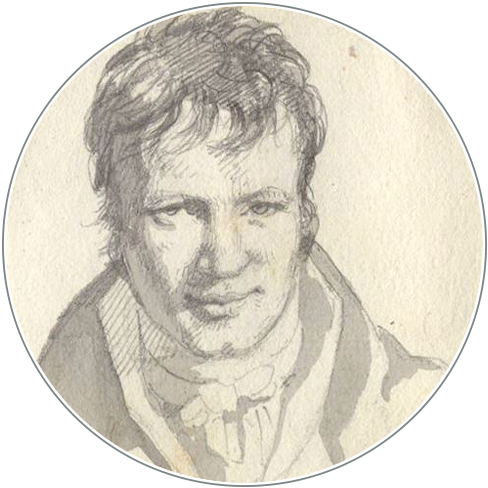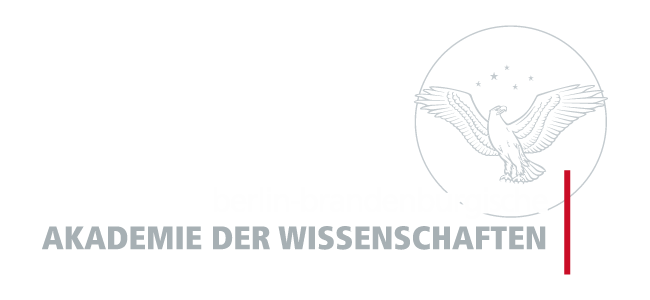„... daß einem leid tut, wie er aufgehört hat, deutsch zu sein“ - Alexander von Humboldt, Preußen und Amerika
DOI :
https://doi.org/10.18443/28Mots-clés :
1799-1804, Kosmopolit, WeltbürgerRésumé
Abstract
Within the context of the recent „Prussia Tricentennial 2001“, this paper encourages a different view of Prussia by offering a new look on the writings and activities of one of its most famous citizens, Alexander von Humboldt. Starting with the traditional (and problematic) image of Prussia focussed on the Hohenzollern and, above all, Friedrich II, it highlights the problems between Prussian and German historiography on one side, and the author of „Cosmos“ and his world-wide prestige on the other. Interestingly enough, the tensions or misunderstandings between Alexander and his home country can be dated back to the Humboldt family, i.e. to Wilhelm from Humboldt who noted, in a letter to his wife, how his brother had „stopped to be German“. Alexander von Humboldt's cosmopolitanism and the characteristic development of his scientific conceptions, building a globalized and globalizing praxis based upon a scientific network and continous comparisons in global scale, allow us to discover new dimensions in Humboldtian science and thinking as well as promising perspectives for understanding Alexander von Humboldt's role and significance for transdisciplinary science today -and a different view of Prussia and cultural identity in Europe beyond the well-known stereotypes.
Téléchargements
Publiée
Comment citer
Numéro
Rubrique
Licence
(c) Tous droits réservés Ottmar Ette 2002

Ce travail est disponible sous licence Creative Commons Attribution - Pas d’Utilisation Commerciale 4.0 International.
Les droits des articles envoyés restent la propriété de leurs auteurs et sont publiées sous la licence Creative Commons-Lizenz (CC BY-NC 4.0). Tous les auteurs publiant dans le HiN doivent accepter ce modèle de licence.
Les auteurs doivent eux-mêmes s’occuper de l’obtention des droits d’auteur pour les images utilisées.
Les divers éléments de la mise en page et du design de la revue sont protégés et ne peuvent être récupérés et réutilisés dans d’autres publications sans autorisation préalable de la part de HiN.








